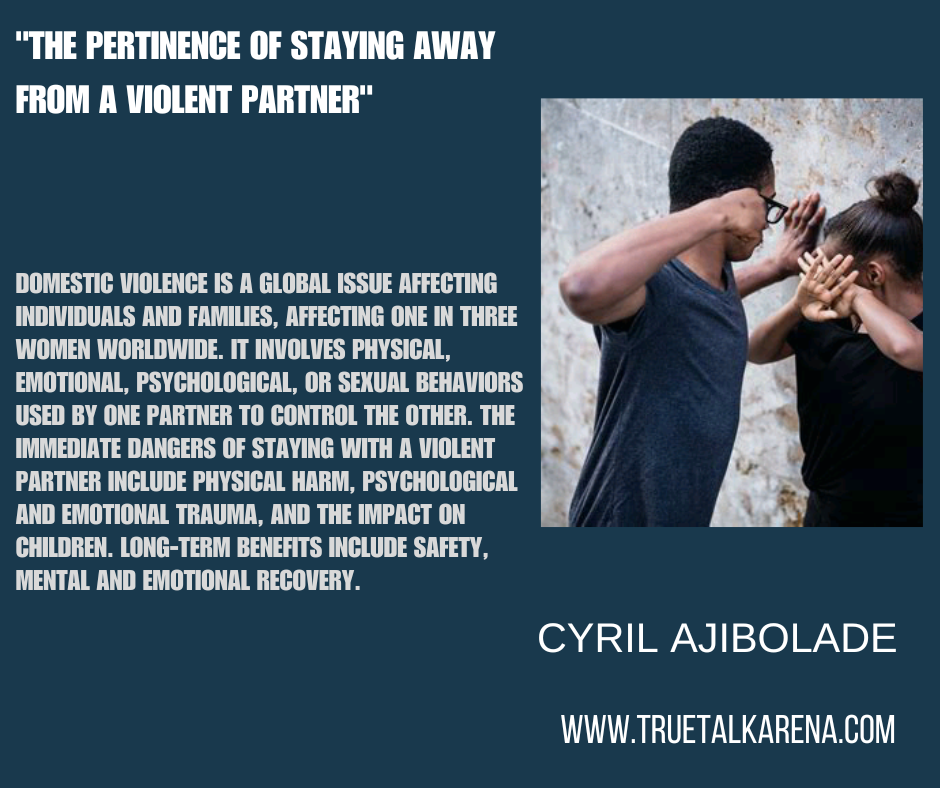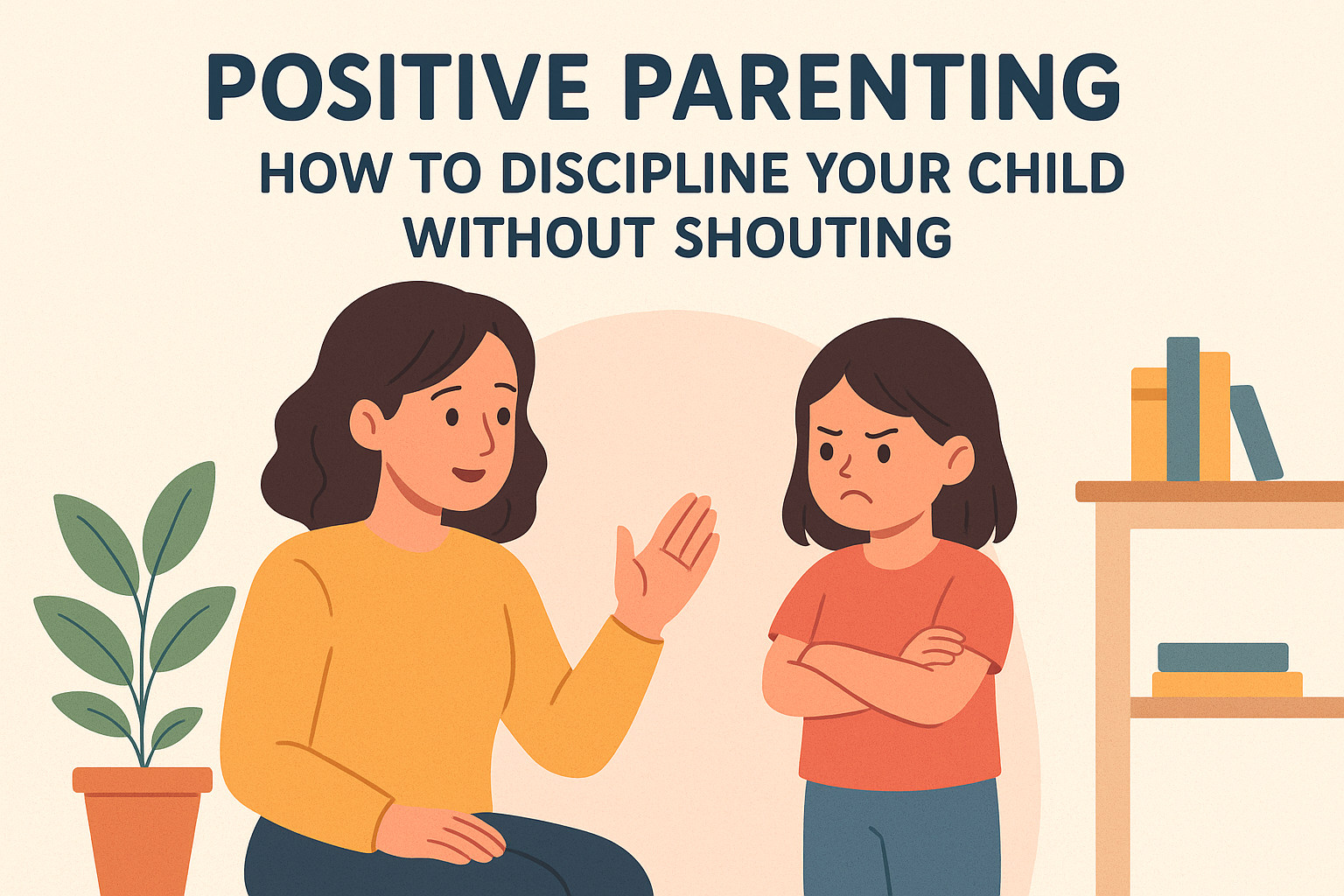
The Pertinence of Staying away from a violent partner
Domestic violence is a critical issue that affects individuals and families across the globe. It transcends boundaries of culture, age, gender, and socioeconomic status. Staying away from a violent partner is crucial for the safety, well-being, and overall health of the victim.
This article delves into the reasons why distancing oneself from an abusive partner is not only pertinent but also necessary for a better quality of life.
Understanding Domestic Violence.Domestic violence encompasses a range of behaviors used by one partner to control the other. These behaviors can be physical, emotional, psychological, or sexual. According to the World Health Organization (WHO), one in three women worldwide has experienced either physical or sexual intimate partner violence in their lifetime. This staggering statistic highlights the widespread nature of the problem and underscores the importance of addressing it.
The Immediate Dangers of Staying with a Violent Partner:
Physical Harm:The most immediate and apparent danger of staying with a violent partner is the risk of physical harm. Abusive partners often resort to physical violence to assert control, resulting in injuries that can range from bruises and fractures to life-threatening conditions. In extreme cases, domestic violence can lead to death. The National Coalition Against Domestic Violence (NCADV) reports that nearly 20 people per minute are physically abused by an intimate partner in the United States alone.
Psychological and Emotional Trauma:While physical injuries are visible, the psychological and emotional scars left by domestic violence can be equally, if not more, damaging. Victims of domestic violence often suffer from anxiety, depression, post-traumatic stress disorder (PTSD), and low self-esteem. The constant fear and stress of living with an abusive partner can lead to long-term mental health issues that persist even after the physical wounds have healed.
Impact on Children:Children who are exposed to domestic violence are also at significant risk. Witnessing violence in the home can lead to emotional and behavioral problems, developmental delays, and an increased risk of becoming victims or perpetrators of violence in the future. The trauma experienced by children in violent households can have lasting effects on their mental health and overall well-being.
The Long-Term Benefits of Leaving a Violent Partner:
Safety and Security:The primary benefit of leaving a violent partner is ensuring personal safety. Distancing oneself from an abusive environment significantly reduces the risk of further physical harm. Establishing a safe living situation, whether through shelters, friends, or family, is a crucial first step in the recovery process.
Mental and Emotional Recovery:Leaving an abusive relationship allows victims the opportunity to heal mentally and emotionally. Without the constant threat of violence, individuals can begin to rebuild their self-esteem and regain a sense of control over their lives. Access to therapy and support groups can be instrumental in this healing process.
Breaking the Cycle of Violence:Leaving a violent partner is also essential for breaking the cycle of abuse. Staying in an abusive relationship can normalize violence and make it more difficult to leave in the future. By taking the courageous step to leave, victims can set a positive example for others in similar situations and contribute to the broader societal effort to combat domestic violence.
Barriers to Leaving an Abusive Relationship, despite the clear benefits, leaving a violent partner is not always straightforward. There are numerous barriers that can make it difficult for victims to leave, including:
Fear:Abusive partners often use threats and intimidation to keep their victims from leaving. Fear of retaliation, harm, or even death can be a powerful deterrent.
Financial Dependence:Many victims of domestic violence are financially dependent on their abusers, making it difficult to leave. Without financial resources, victims may feel trapped and unable to support themselves or their children.
Emotional Attachment:Despite the abuse, victims may still have emotional attachments to their partners. Abusers can be manipulative, alternating between violence and affection, which can create confusion and make it harder to leave.
Social and Cultural Factors:Cultural norms, societal pressure, and stigma can also play a role in keeping victims in abusive relationships. Fear of judgment or ostracism from family and community can make it challenging to seek help.Strategies for Leaving a Violent PartnerLeaving a violent partner requires careful planning and support.
Here are some strategies that can help:
Creating a Safety Plan:A safety plan is a personalized, practical plan that includes ways to remain safe while in a relationship, planning to leave, or after leaving. It includes strategies for improving safety at home, school, work, and other places that are frequented.
Seeking Support:Reaching out to trusted friends, family members, or support organizations can provide the emotional and practical support needed to leave an abusive relationship. Many organizations offer resources such as emergency shelters, legal assistance, and counseling services.
Legal Protection:Obtaining a restraining order or protective order can provide a legal means to keep an abuser away. These orders can include provisions for temporary custody of children and exclusive use of a shared residence.
Financial Planning:Developing a financial plan is crucial for independence. This may involve setting aside money, securing employment, or seeking financial assistance from support organizations.
In Conclusion,Staying away from a violent partner is essential for ensuring safety, mental health, and overall well-being. While the barriers to leaving an abusive relationship can be significant, the long-term benefits of doing so far outweigh the immediate challenges. With the right support and resources, victims of domestic violence can break free from the cycle of abuse and begin the journey toward healing and a better future. The pertinence of this decision cannot be overstated, as it is a vital step toward reclaiming one's life and dignity



0 COMMENTS